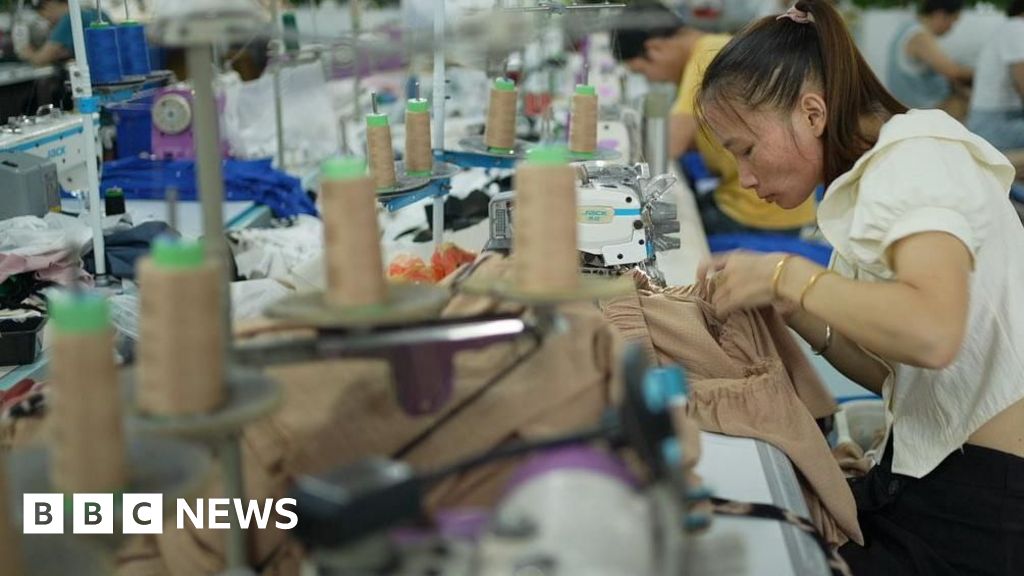The BBC recently interviewed factory workers in Guangzhou’s Panyu neighborhood, also known as the “Shein village”. The constant hum of sewing machines can be heard throughout the area, as workers tirelessly produce t-shirts, shorts, blouses, pants, and swimwear for shipment to over 150 countries. Most workers reported working long hours, with only one day off per month.
The BBC spent several days in the Shein village, visiting factories, speaking with owners and workers, and observing the labor market and textile suppliers. They found that workers were putting in around 75 hours a week, in violation of Chinese labor laws.
Shein, a Chinese-founded company, has rapidly grown into a global giant in the fast fashion industry. Despite its success, the company has faced criticism for its treatment of workers and allegations of forced labor. Shein has denied these allegations, stating that they are committed to fair treatment of workers and are investing in compliance and governance.
Shein’s success is driven by its large inventory and low prices, with revenue surpassing that of other major retailers. The Shein village houses thousands of factories that supply the company with its products. Workers in these factories are paid per piece, with many putting in long hours to earn a living wage.
While Shein is headquartered in Singapore, the majority of its products are manufactured in China. The company’s success has attracted scrutiny from Washington, with concerns raised about labor practices at its suppliers. Despite efforts to improve working conditions, concerns remain about long hours and low wages in the Shein supply chain.

